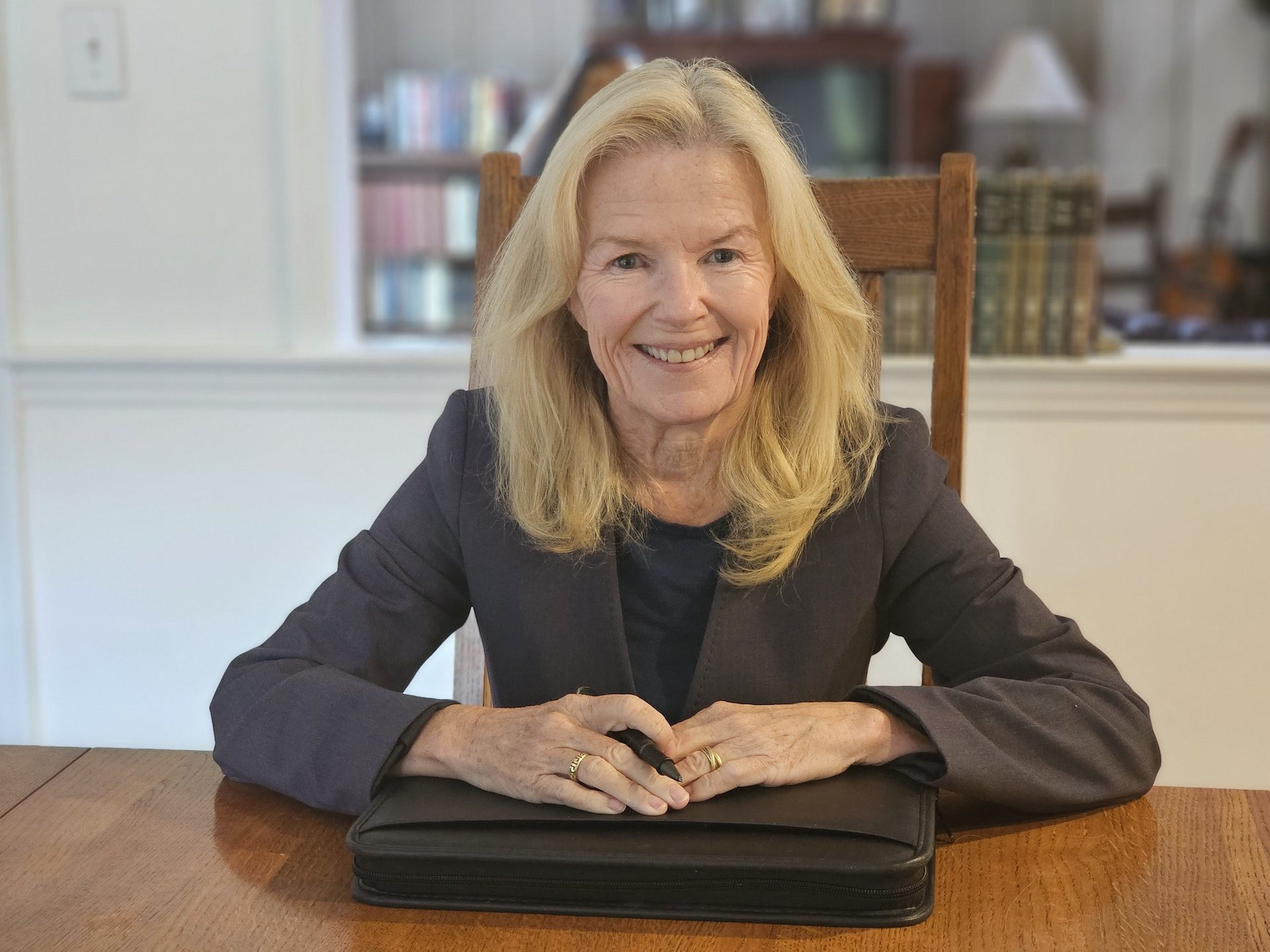Many families are wondering if it will be harder for this year’s high school seniors to get into college for fall 2021, because students who took Gap Years this year will be starting college next year instead of fall 2020. This is a great question, and one for which we’ve seen different points of view.
Most data indicate that the number of high-school seniors deferring the start of college and taking a Gap Year has increased 3-4x compared to before the pandemic (see our last post). Author Jeff Selingo recently suggested that the loss of so many first-time students will mean a smaller sophomore class next fall, and that colleges will “look to make up that shortfall with a larger-than-usual freshman class next year.” A recent Boston Globe article agrees, suggesting that the increasing number of deferrals this year will have a ripple effect as there will be fewer spots for next year’s new first year class.
Colleges themselves, however, are saying that the number of Gap Year deferrals this year will NOT have an impact. According to the Daily Pennsylvanian, UPenn’s Office of Undergraduate Admissions does not expect that this year’s increase in gap years [from 50 to 200] will have a “significant impact on the selectivity or opportunity” for the coming year’s admissions process, and said that “the size of the applicant pool and anticipated yield will have a much more significant impact on the admissions cycle”.
The Johns Hopkins’ Office of Undergraduate Admissions has said that “most admitted students matriculated to enroll despite an entirely virtual first semester. While we saw a slight increase in the number of deferral requests, the vast majority of admitted students are taking advantage of the virtual learning opportunities and community the university has set up,” said the Admissions office. As a result, the school “is not anticipating any major changes to acceptance rates for the upcoming admissions cycle.”
There are two other reasons that fall 2021’s admissions process may not be more difficult for current high school seniors. First, despite the arrival of a COVID vaccine and hopefully a reduction in on-campus restrictions, fall 2021 may still see a smaller number of international students coming to the U.S. This leaves more spots open for domestic students. Second, it is possible that with some restrictions still in place, many students will still opt for a Gap Year next fall. Awareness of Gap Years is way up, given media coverage and the sheer number of students deferring college this year, and students will have had ample time to think through their options.
All in all, while it is possible that certain schools will end up with slightly smaller space for their new first years next fall, we do not expect that this will be an issue across the board. Students should be able to go about the college admissions process without worrying about space limitations. And if they opt to take a Gap Year, they will be one of the reasons why this turns out not to a non-issue!
Photo: University of Pennsylvania, Philadelphia, PA










